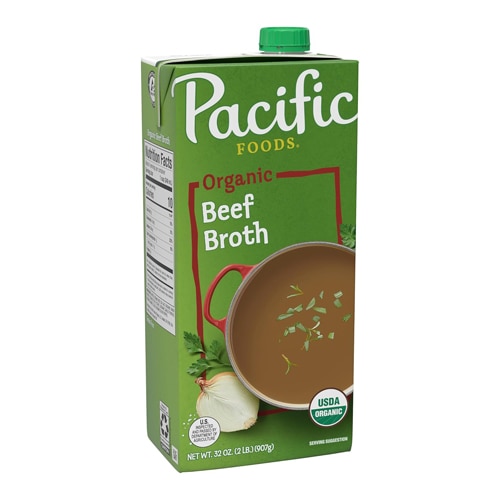Fat doesn’t make you fat. But there are good fats and bad fats, and a recently published study adds to the continuing dialogue about dietary fat of all types.
In the study, appearing in the November 2017 edition of The Lancet, a British medical journal, researchers compared dietary data reported by 135,335 people in 18 poor countries.
The researchers found that people with the highest intake of dietary fat were less likely to have died than those with the lowest intake of dietary fat. The opposite was true for carbohydrates.
“Global dietary guidelines should be reconsidered in light of these findings,” the researchers concluded.
Some experts have called the study’s findings into question. For instance, professionals at Harvard University’s T.H. Chan School of Public Health complain that the findings are “misleading.”
In a statement issued in response to the study, Dr. Frank Hu, chair of the Department of Nutrition at the Chan School of Public Health, notes that the “main messages” for nutritional advice haven’t changed. Those messages include sticking to a diet that relies on:
- An abundance of vegetables, fruits, whole grains, legumes and nuts.
- Moderate amounts of seafood and reduced-fat dairy products.
- Smaller amounts of processed and red meats, sugar-sweetened foods and beverages, and refined grains.
“Such a dietary pattern does not need to limit total fat intake,” Hu says, “but the main types of fat should be unsaturated fats from plant sources rather than animal fat.”
Given all that information, which fats should be part of your dietary pattern?
Registered dietitian Molly Cleary says her rule of thumb for patients is that “good” fats usually come from plants and fish, while “bad” fats usually come from processed foods and animal products.
Processed foods contain the worst type of fats: manmade trans fats. These fats, which can lower good cholesterol and raise bad cholesterol, are found in foods like margarine, manufactured snacks, candy and pastries, holistic health coach Ashley Iovinelli says.
As for animal products with typically unhealthy fats, these include fatty cuts of meat — such as bacon, sausage and red meat — and full-fat dairy products like butter and cream, Cleary says. That being said, we do need a small amount of saturated fat in our diet (the kind of fat you find in these animal products), so you don’t have to cut them out altogether, according to Cleary.
Generally, unsaturated fats are on the “good” end of the fat scale. Sources of these fats include olive oil, avocados, nuts, seeds, salmon and mackerel, Cleary says.
“A varied whole-foods diet can provide an adequate balance of both unsaturated and saturated fat,” she says.
Breaking it down further, unsaturated fats come in two forms: monounsaturated and polyunsaturated.
According to the American Heart Association, foods that are high in heart-healthy monounsaturated fats include these oils: olive, canola, peanut, safflower and sesame.
Among the key sources of heart-healthy polyunsaturated fats are soybean oil, corn oil, sunflower oil, walnuts, sunflower seeds, tofu and soybeans, the American Heart Association says.
Nutrition coach Zachary Evan Zeller says it’s generally better to consume unsaturated fats in their whole form (polyunsaturated fats like nuts, seeds, olives and avocados) than in the form of plant-based oils (monounsaturated fats).
“The reason is that oils are processed. Making olive oil from olives, for example, is similar to getting apple juice from apples. You strip away fiber, nutrients and bulk,” Zeller says. “In other words, in a tablespoon of oil, you consume 120 calories. Try comparing that to 120 calories of broccoli, black beans or sweet potatoes. This can trick people into overconsuming calories and gaining weight.”
Nonetheless, oils rich in polyunsaturated fats do deliver essential fats that our bodies need but can’t produce on their own, such as omega-3 and omega-6 fatty acids, the American Heart Association says.
In the end, Dr. Morton Tavel, clinical professor emeritus of medicine at Indiana University, says that in order to achieve the best health outcomes, particularly related to heart disease, saturated fats in our diet should be replaced with polyunsaturated and monounsaturated fats.
“Unfortunately, a great deal of attention has been paid to controversial new studies that are not scientifically rigorous,” Tavel says. “A growing trend of media articles focusing on small studies suggests that some saturated fats are ‘good’ for you. Some people suggest that eating butter and full-fat milk is beneficial. And coconut oil is a fad right now — but it is actually a saturated fat … .”
Iovinelli, the holistic health coach, stresses that eating fat doesn’t make you fat. You just have to choose the right kinds of fat to consume.
“Your body needs fat to survive and thrive,” Iovinelli says.




